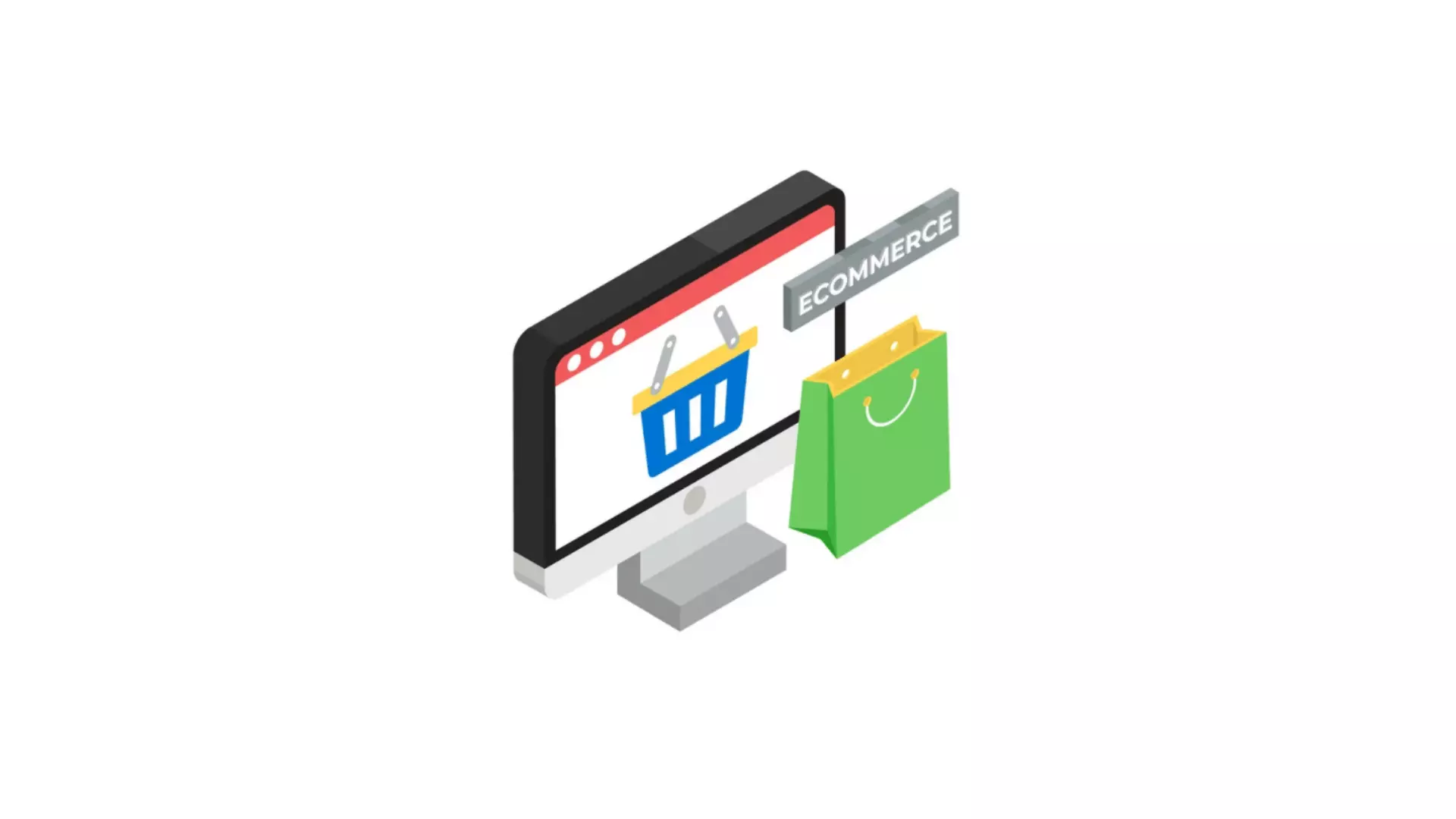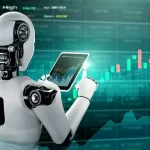How AI is Revolutionizing Healthcare
Artificial intelligence is poised to transform the healthcare industry in profound ways. By analyzing vast amounts of medical data, AI systems are helping improve patient outcomes through more precise diagnoses, personalized treatment recommendations and new drug discoveries. Here are three major ways machine learning is revolutionizing healthcare:
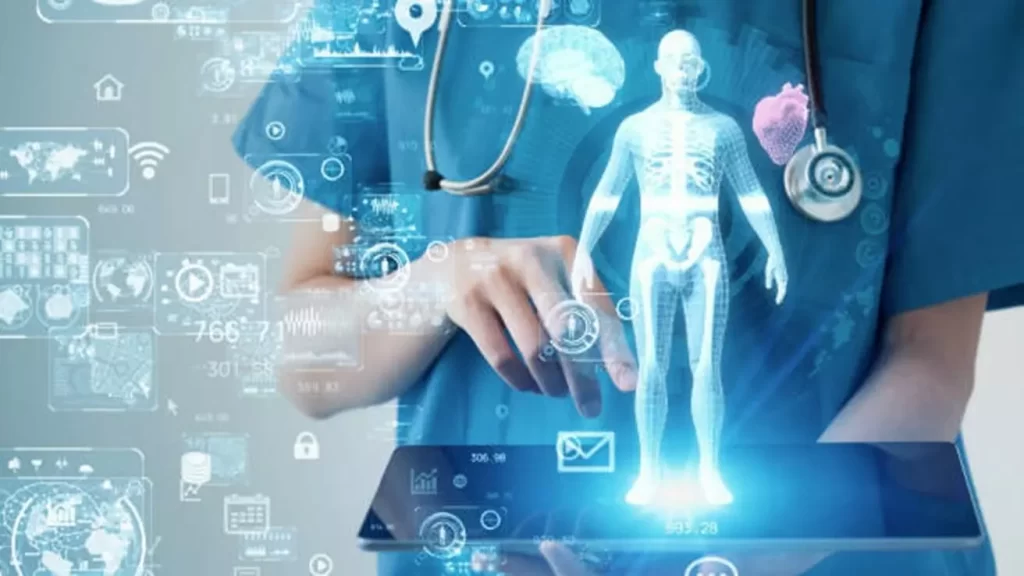
Content
Medical Imaging and Diagnosis
One area already seeing success is medical imaging analysis. By training algorithms on thousands … of labeled scans, AI can now detect anomalies and identify diseases more accurately than humans alone. Startups like Anthropic have developed AI tools that analyze medical images for signs of conditions like cancer, pneumonia or bone fractures.
This helps improve diagnosis times and catch diseases earlier. Radiologists can also leverage AI to reduce errors and “over-reads.” By supplementing human expertise, How AI is Revolutionizing Healthcare through more effective imaging and diagnosis.
Precision Medicine and Treatment
AI is also helping drive the future of precision medicine. By combining a patient’s medical records, genetic profiles and other relevant data, machine learning algorithms can predict optimal treatments and flag high-risk patients. Websites like bestpromptaihub.com even offer AI writing prompts to explore how these systems work.
Startups like Anthropic are partnering with hospitals to develop AI tools that generate personalized treatment recommendations based on a patient’s unique medical profile and genetics. This helps deliver more targeted, customized care that improves outcomes.
Drug Discovery and Clinical Trials
Pharmaceutical companies have long relied on AI and machine learning to speed up drug discovery. By analyzing molecular structures and simulating chemical reactions, algorithms can help identify promising drug candidates faster.
AI is now also assisting with clinical trials. Systems from companies like Anthropic are helping analyze patient data to better match trial candidates, predict side effects and flag safety issues earlier. This is accelerating drug development timelines and improving the success rates of clinical trials.
Precision Health Monitoring
New AI-powered devices and apps are revolutionizing healthcare by enabling continuous, remote patient monitoring. Wearables and sensors can track vital signs, activity levels and other metrics in real-time. AI systems then analyze these data streams for patterns and anomalies that could indicate health issues.
Some startups are even developing AI assistants like Claude that can remotely monitor patients, answer health questions and flag any changes to doctors. This type of precision health monitoring empowers preventative care and early detection, improving patient outcomes.
The future of AI in healthcare is bright. As more medical data becomes available to train algorithms, and as technologies like precision devices and genetic sequencing advance, AI’s ability to revolutionize every aspect of patient care will only increase. Healthcare providers must now work to successfully integrate these tools to maximize benefits and address challenges around data privacy, algorithmic bias and explainability. When developed responsibly, AI has incredible potential to transform outcomes through more personalized, proactive and effective healthcare worldwide.
FAQs
What challenges does AI face in healthcare?
One major challenge is ensuring the data and algorithms used are free of bias and do not negatively impact patient subgroups. Healthcare AI must also be developed with strong privacy and security practices. Another hurdle is improving explainability so clinicians understand how systems reach conclusions. Sites like bestpromptaihub.com discuss these challenges and how they can be addressed.
How will AI impact healthcare jobs?
While some roles like data entry clerks could be automated, AI is projected to mainly transform rather than replace healthcare jobs. New roles like AI ethicists, data scientists and patient engagement specialists will emerge. Doctors and nurses will spend less time on administrative tasks and more directly caring for patients with AI’s help. Overall, AI is expected to boost productivity and improve work satisfaction in the industry.
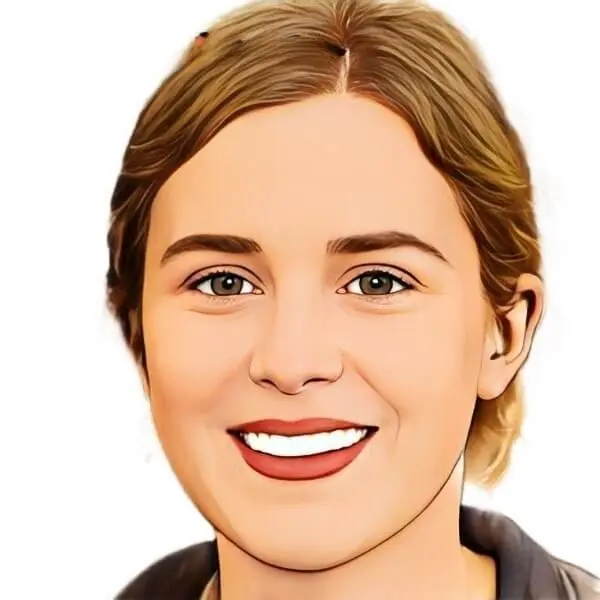
I’m Aurelia Brown! I blog about tech, how to use it, and what you should know. I love spending time with my family and sharing stories of the day with them.
